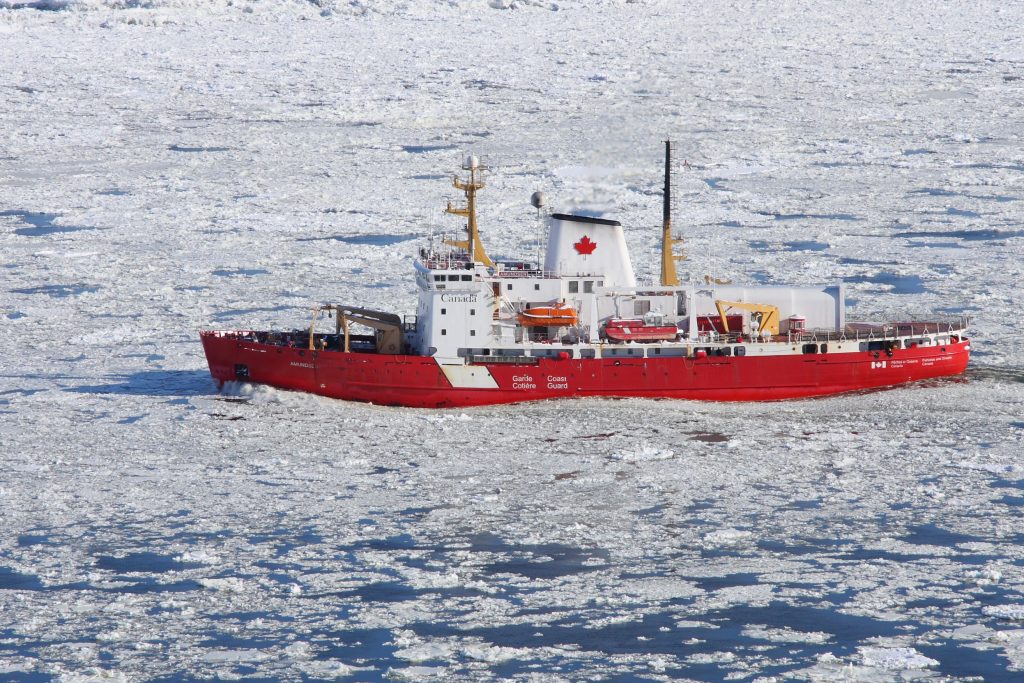Canada’s ArcticNet will have its funding renewed
The $32.5 million, five-year extension had until recently been in doubt.

ArcticNet has received a five-year funding extension worth nearly $32.5 million.
The organization, based at Université Laval in Quebec City, aims to bring together Arctic researchers and other partners to better understand and prepare for the consequences of climate change.
Past ArcticNet projects have ranged “from engineering solutions to stabilize the runway of Iqaluit airport to health programs in Nunavik, from assessing the risk of drilling for oil in the Beaufort Sea to helping define the border between Canada and Greenland in Nares Strait,” said Philippe Archambault, ArcticNet’s scientific co-director at Université Laval, in a news release.
ArcticNet also hosts one of the largest national conferences on the Arctic and northern science, and the organization says it has helped thousands of students and researchers from 34 Canadian universities and has engaged 1,100 Inuit.
ArcticNet has received more than $100 million in funding since its creation in 2004. But its future, until recently, was in doubt, as its funding was set to run out at the end of March.
Over the next five years, ArcticNet will focus on two major areas. The first will look at Arctic sustainable practices for shipping, fisheries, tourism and mining.
The second will look at “building postsecondary research and training capacity through our new North-by-North initiative,” said Jackie Dawson, ArcticNet’s scientific co-director at the University of Ottawa.
This research should help northern communities face health, education and economic challenges, said Louis Fortier, ArcticNet’s scientific director.
“Canada must address many pressing strategic issues related to the greening of its economy, including the sustainable socio-economic development of its northern communities, territories and seas.”